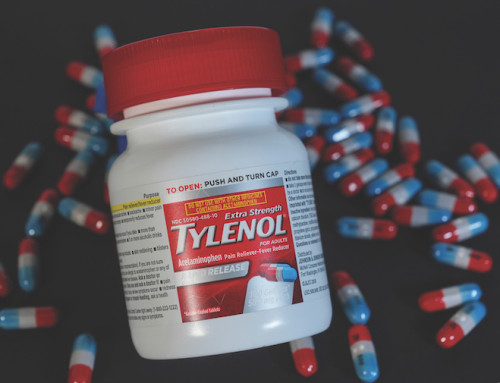WASHINGTON (AP) — President Donald Trump last week unveiled a deal with drugmakers Eli Lilly and Novo Nordisk to expand coverage and reduce prices for the popular obesity treatments Zepbound and Wegovy.
Known as GLP-1 receptor agonists, the drugs have soared in popularity in recent years, but patient access has been a consistent problem
because of their cost — around $500 a month for higher doses — and insurance coverage has been spotty.
More than 100 million American adults have obesity, according to federal estimates.
Coverage of the drugs for obesity will expand to Medicare patients starting next year, according to the administration, which said some lower prices also will be phased in for patients without coverage.
Starting doses of new, pill versions of the treatments also will cost $149 a month if they are approved.
“(It) will save lives, improve the health of millions and millions of Americans,” said Trump, in an Oval Office announcement in which he referred to GLP-1s as a “fat drug.”
Last week’s announcement is the latest attempt by the Trump administration to rein in rising drug prices in its efforts to address cost-of-living concerns among voters.
Pfizer and AstraZeneca recently agreed to lower the cost of prescription drugs for Medicaid after an executive order in May set a deadline for drugmakers to electively lower prices or face new limits on what the government will pay.
As with the other deals, it’s not clear how much the price drop will be felt by consumers. Drug prices can vary based on the competition for treatments and insurance coverage.
The obesity drugs work by targeting hormones in the gut and brain that affect appetite and feelings of fullness. In clinical trials, they helped people shed 15 percent to 22 percent of their body weight — up to 50 pounds or more in many cases. Patients usually start on smaller doses and then work up to larger amounts, depending on their needs. They need to stay on the treatments indefinitely or risk regaining weight, researchers say.
The medications have proven lucrative for Lilly and Novo. Lilly said recently that sales of Zepbound have tripled so far this year to more than $9 billion.
For many Americans, however, their cost has made them out of reach.
Medicare, the federally funded coverage program mainly for people ages 65 and over, now covers the cost of the drugs for conditions such as type 2 diabetes and cardiovascular disease, but not for weight loss alone.
Trump’s predecessor, Joe Biden, proposed a rule last November that would have changed that, but the Trump administration nixed it.
Few state and federally funded Medicaid programs, for people with low incomes, offer coverage, and employers and insurers that provide commercial coverage are wary of paying for those drugs in part because so many people might use them.
The $500 monthly price for higher doses of the treatments also makes them unaffordable for those without insurance, doctors say.
The White House sought to diminish price-reduction efforts by the Biden administration as a gift to the pharmaceutical industry. Trump, instead, consummated a deal that ensures Americans aren’t unfairly financing the pharmaceutical industry’s innovation, claimed a senior administration official.








